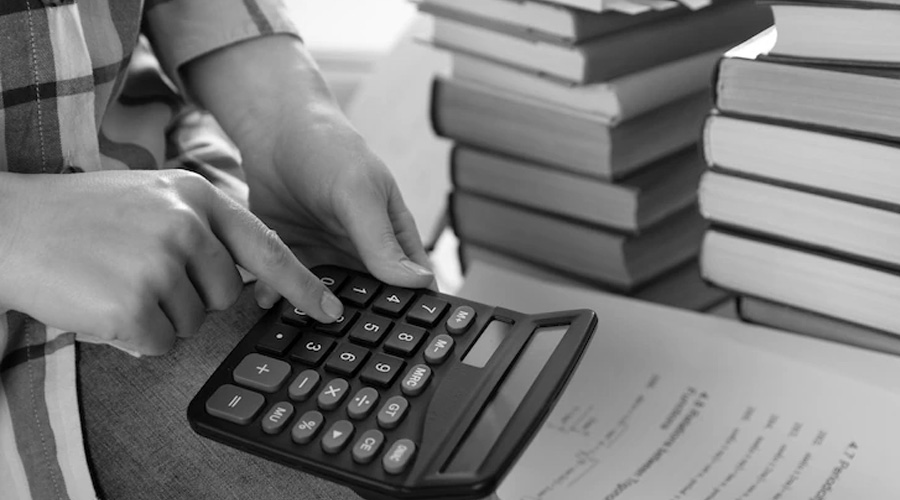Do you become a taxpayer if you have claimed education cess? All you need to know
The education cess, which is 4% of a taxpayer’s tax bill, is a surcharge that is used to pay for some government welfare programs, like primary and secondary education. You are not required to pay the education cess amount if your income falls within the IT taxation slab’s non-taxable slab. The education cess is only paid on the tax amount that is due.
In FY 2005, the Centre introduced an education cess with the intention of funding primary education. The Health and Education Cess currently accounts for 4% of gross tax obligation (including surcharge). A dispute with the tax department ensued as taxpayers began deducting education cess from their taxable income. Consequently, the issue was brought up before the Bombay High Court, which granted taxpayers a deduction. More taxpayers started making claims for cess deductions after the court’s decision, either on their tax returns or in an application to the Tax Officer/Appellate Authority.
The Central Board of Direct Taxes issued a rule and a form on September 28, 2022, laying out the procedure for submitting applications for a recalculation of income where taxpayers have claimed a deduction for Education Cess. Additionally, it stated that the tax office had the authority to issue notices and rectification orders in the past. A rectification order can only be approved within a four-year time limit that begins on April 1, 2022.
To have their tax recalculated, a taxpayer must submit an application in the prescribed format within the allotted time frame. On such occasions, the citizen will be protected from the duty of punishment. The Central Board of Direct Taxes (CBDT) recently issued rules and an application form for this request.
The Central Board of Direct Taxes issued a notification on September 28, 2022, outlining the procedure for submitting applications for recalculation of income in cases where taxpayers have claimed education cess deductions. For the same reason, it notifies forms 69 and 70.
The tax officer must recalculate the total income by amending the relevant order and issuing a notice after the taxpayer applies to Form 69. The due date for paying the tax should also be mentioned in the notice. The taxpayer is required to inform the tax officer on Form 70 about the specifics of the taxes paid after the payment.
The tax office has the authority to issue a rectification order that properly denies the taxpayer’s claim and initiates a tax demand in cases where the taxpayer has requested and received permission to deduct Education Cess. It could also start a penalty process for under-reporting income, which would result in a penalty equal to 50% of the tax that was due.
To provide a one-time relief to taxpayers who have already claimed an education cess deduction, a taxpayer may submit an application in the prescribed format within the timeframe for re-computation of their tax liability. The taxpayer will not be subject to a penalty in such instances. Rules and the Application Form for this request have recently been issued by the Central Board of Direct Taxes (CBDT).
HOW WILL THIS AFFECT TAXPAYERS?
Taxpayers who are currently litigating the aforementioned issue face a kind of cataclysm as a result of the proposed amendment’s retrospective nature. Once Parliament approves the Finance Bill and the President signs it, the matter will be resolved. In addition, the Revenue Authorities may look to reopen litigation based on the aforementioned amendment in instances where taxpayers have claimed a deduction based on favorable judgments and the statute’s limitation period has not expired.
Taxpayers may want to think about submitting an updated return if they have previously claimed a deduction for education cess in a previous tax return. An updated return must be filed within two years of the end of the relevant AY, as proposed in the budget. Be that as it may, citizens will have to pay 25%/half (in addition to overcharge and training cess), as material, of a total of unique duty and interest for such documenting.
Although the government claims to be working toward a “stable and predictable tax regime,” the retrospective nature of the proposed amendment would be detrimental to taxpayers who relied on favorable jurisprudence. Therefore, if the government wants to establish a stable tax system, it should try to avoid making changes that take effect in the past and think about making the proposed change more effective in the future.

